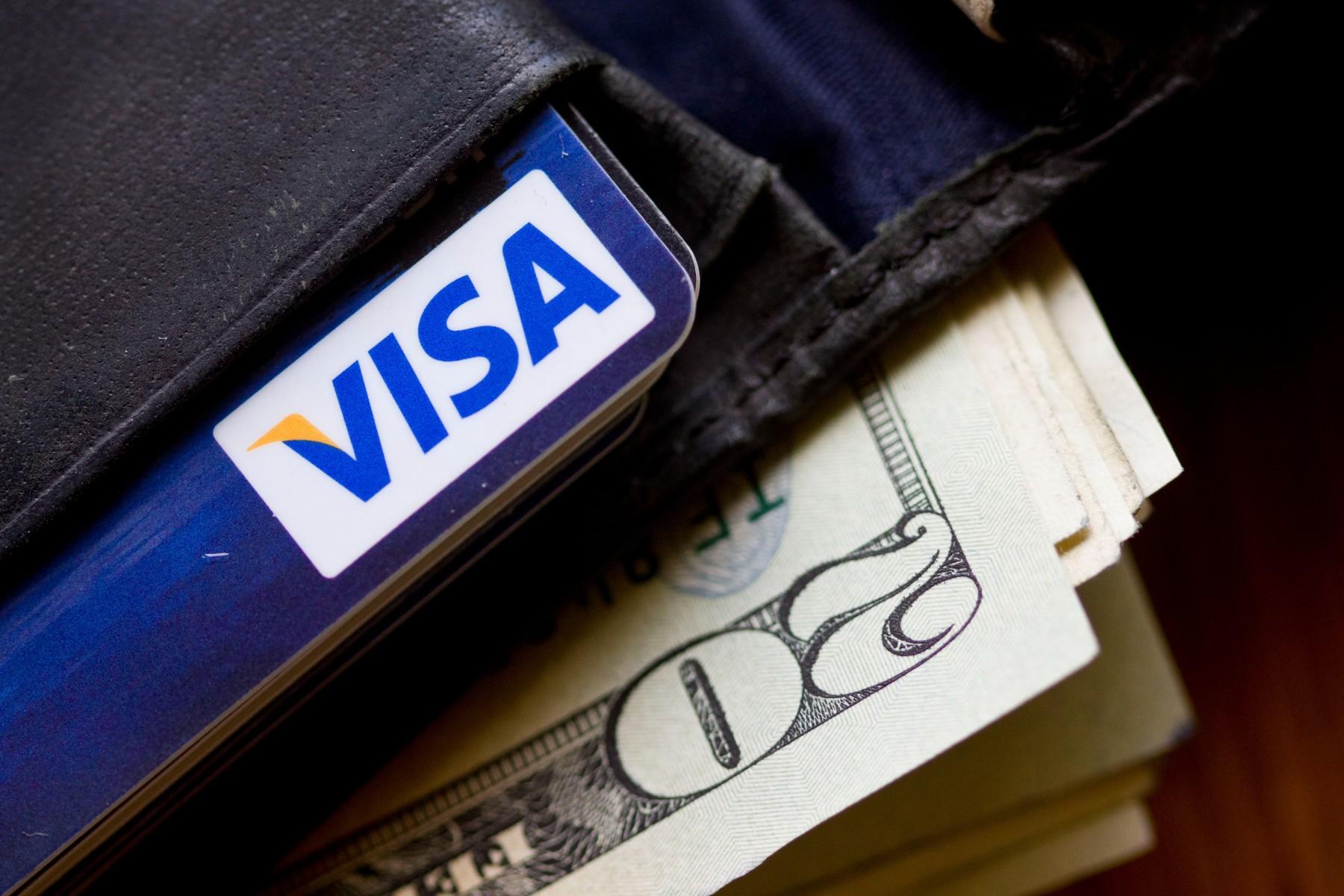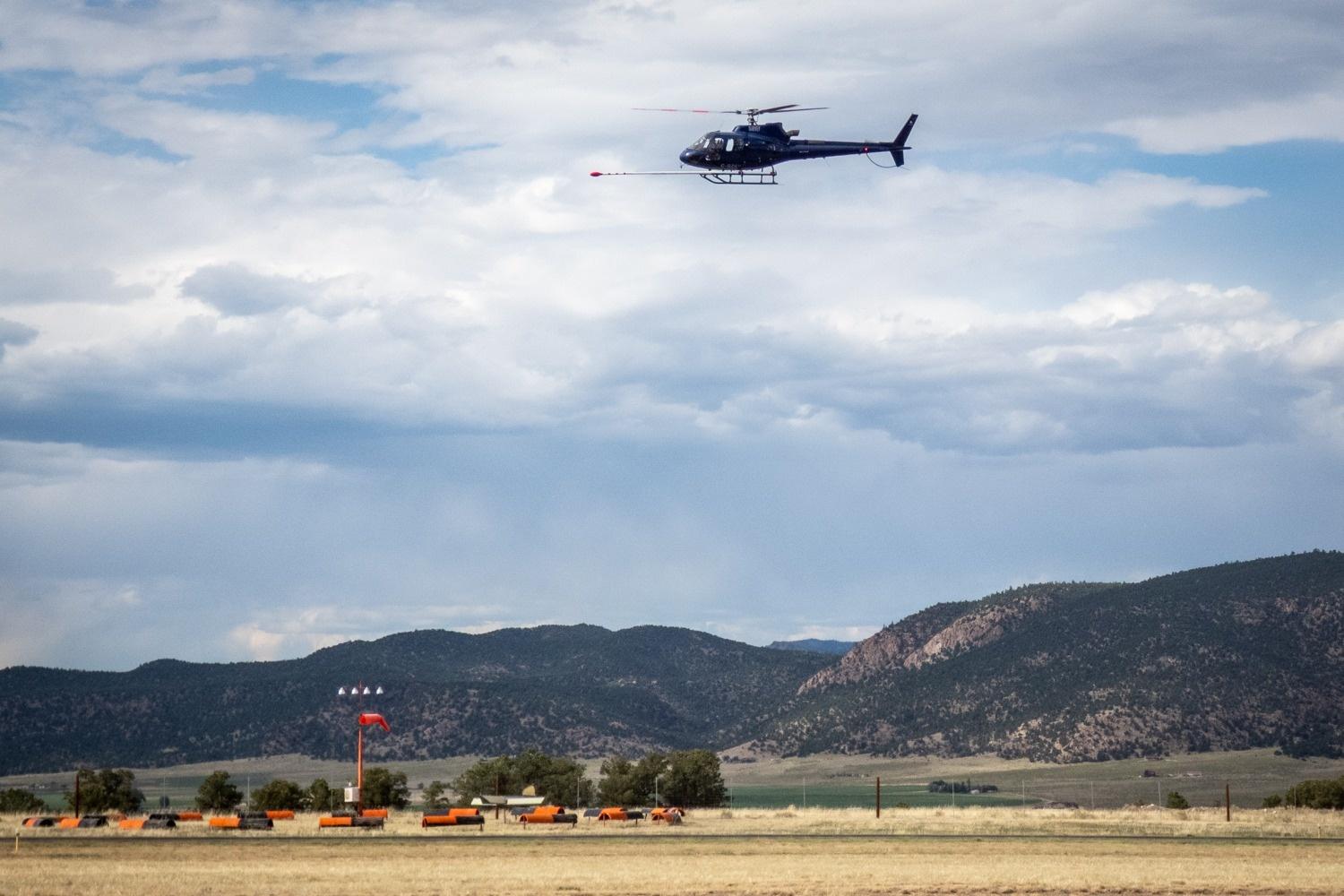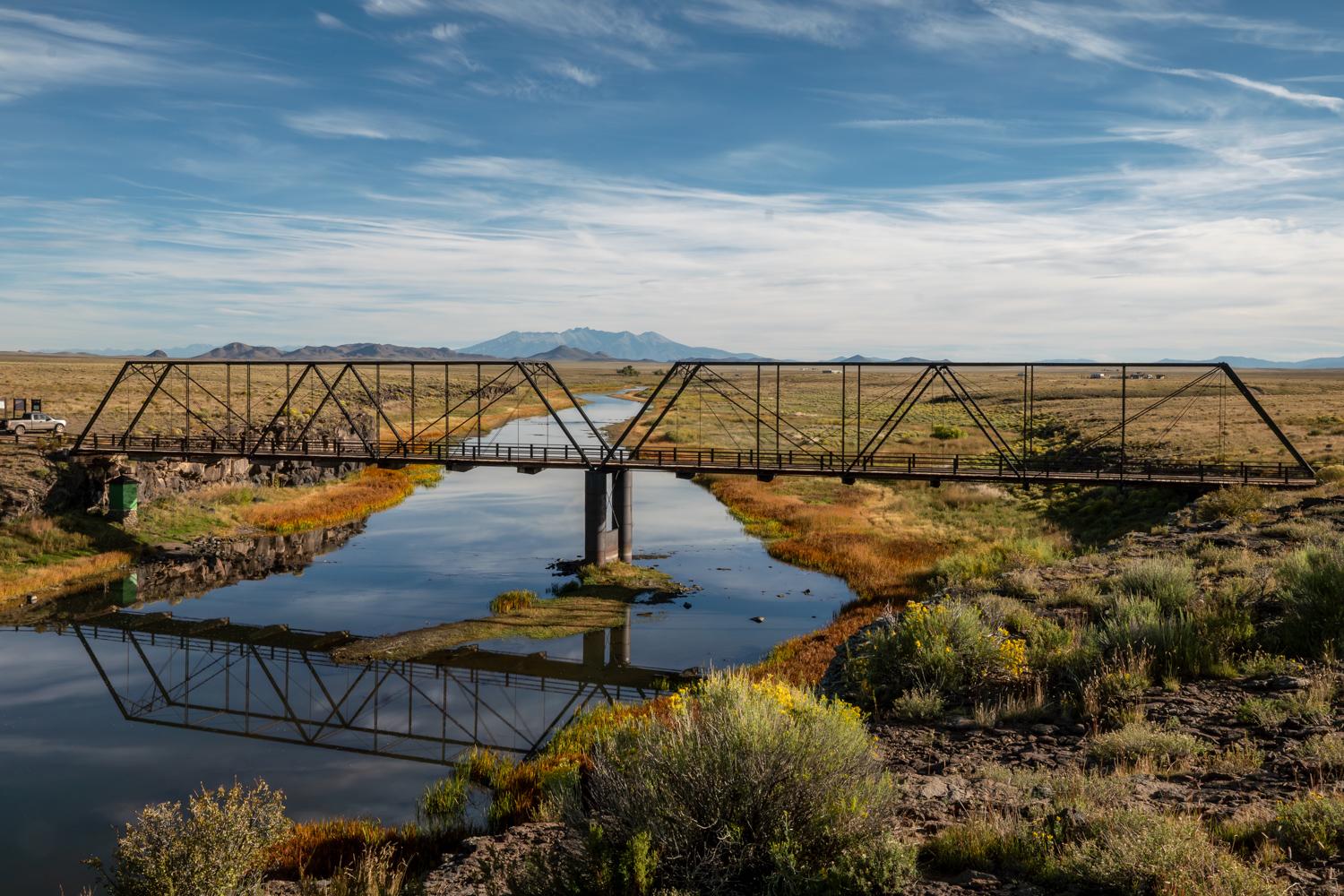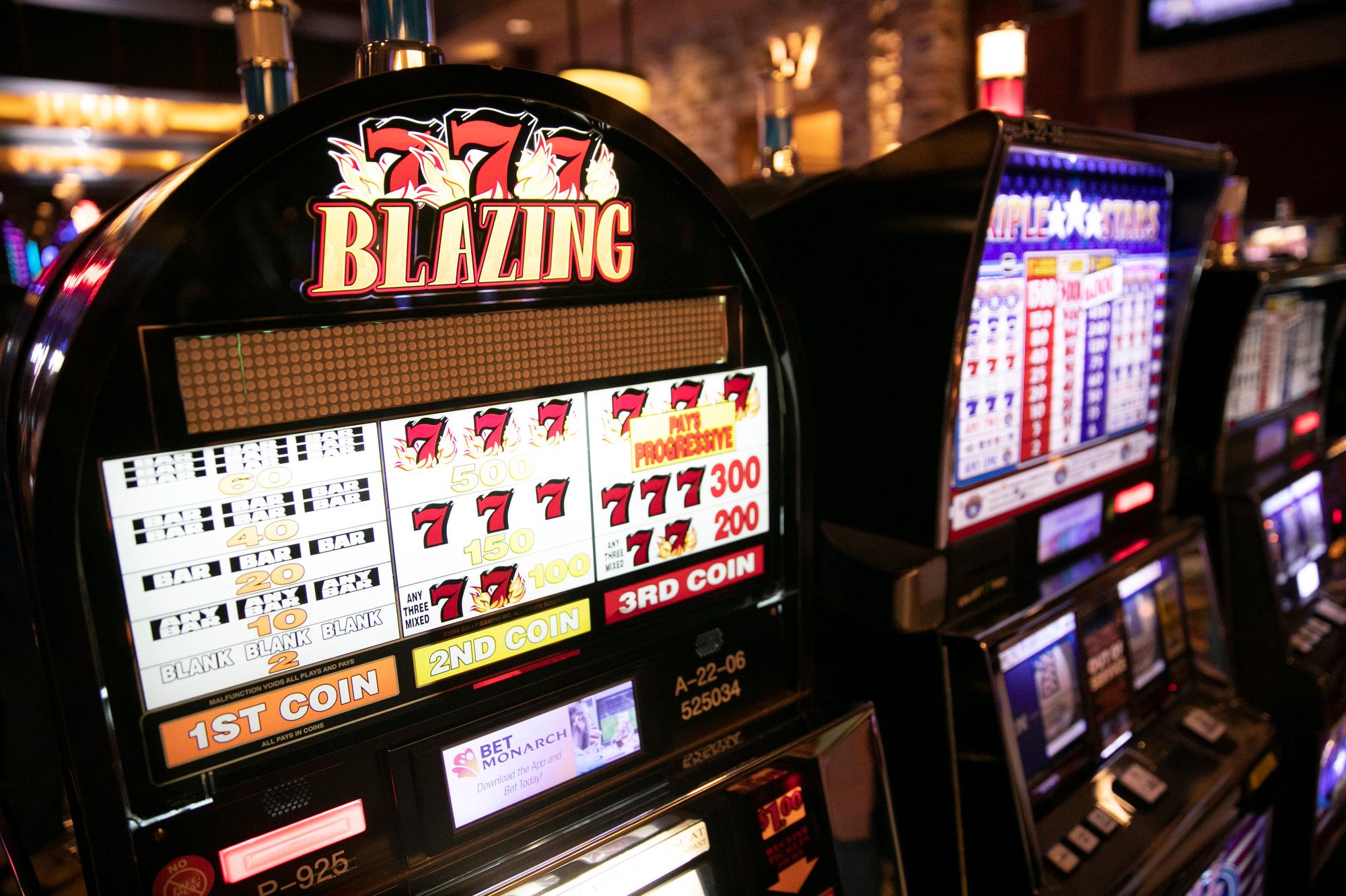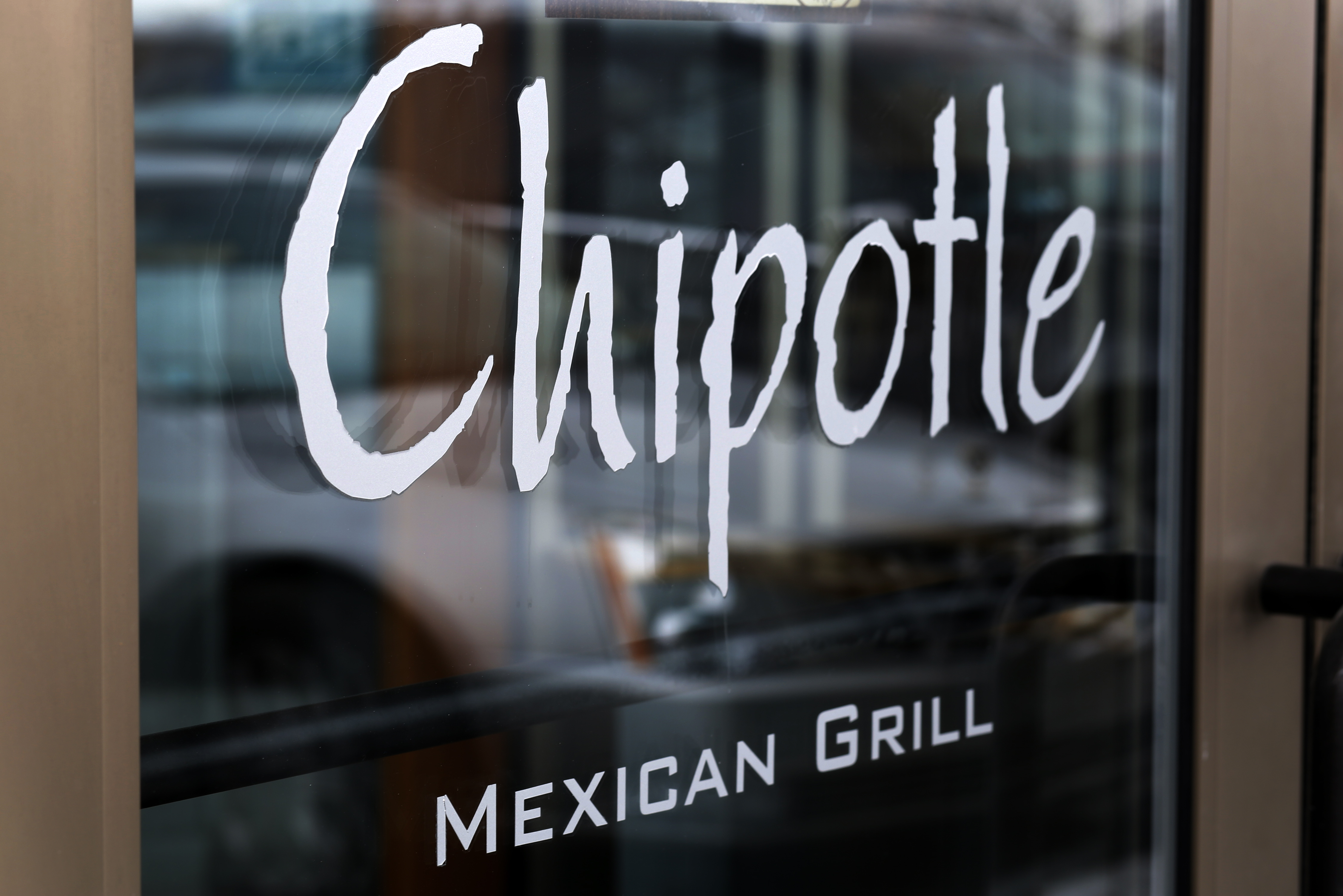
Chipotle Mexican Grill announced Friday that its stores will open several hours later than normal for one day next month so it can hold a meeting following a series of food scares.
Stores typically open at 11 a.m, but on Feb. 8, all its stores will open at 3 p.m. local time.
The fast-casual restaurant chain says that no one has gotten E. coli at its restaurants since November and it wants to win back customers lost since an outbreak in the fall.
But the company faces lawsuits over cases of E. coli and norovirus that sickened dozens of people in several states. According to one expert, the beleaguered Denver-based company needs more than just a marketing campaign to restore its reputation. Bill Zucker is an expert in crisis communications at the firm Ketchum in Chicago, where as a partner, he advises food companies on safety and quality issues.
Zucker spoke with Colorado Matters host Nathan Heffel. Edited highlights from their conversation are below.
On the risks and rewards for shutting down Chipotle restaurants for a few hours:
"We've heard this before and it's been done successfully. Starbucks did this in 2008 for a much different purpose. You may recall they closed for almost 4 hours as sort of a surprise around the country. They did it to retrain their baristas in the art of making espresso.
"It was a success for them -- they were battling a perception problem that their coffee taste had declined. They presumably had the baristas make more quality espresso and it also sent a message to all of us who are customers of Starbucks. It said, 'Hey we're changing, so we'll get better.'
"This is a different situation with Chipotle because this is about food safety, instead of about quality and taste. The difference here is that there's an expectation that some of this training would have already happened. And there's probably a higher risk here because the training becomes a point in time.
"If later in February there are additional issues, it will make it that much more difficult for them because of course they've said, 'We had this moment in time, we retrained everyone, it's going to be good moving forward,' and if it's not, it becomes that much more difficult to recover from. So it's a risk."
On how restaurants deal with image problems:
"A lot of companies deal with this fairly well and there's some fairly common things that they do. The first is acting quickly, getting out in front of the problem, trying to fix the problem both short-term and long-term as swiftly as possible.

